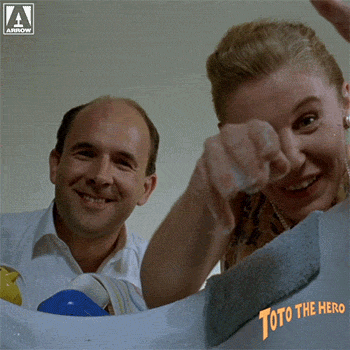
The arrival of a new baby has to be one of the most magical moments of a person’s life.
You’re wrapped up in that newborn bubble of squidginess and fear anyone coming along to burst it.
Enter: your family, your friends and even strangers on the street, who will not only be hanging out to meet your bundle of love but will also want to wrap them up in cuddles of their own.
Watch how to get a newborn baby to sleep. Post continues after video.
Can you blame us, though? That fresh baby scent.
But not every parent is comfortable with handing around their little creation.
“As a parent, you will have views or preferences about who you want or don't want to hold your baby, and how comfortable you may feel about that, for all sorts of reasons,” psychologist and Associate Professor at the University of Queensland, Alina Morawska, told Mamamia.
“It could be about the baby's vulnerability, like some babies may have various health or immune conditions or disabilities that make them more fragile and more likely to become ill or unwell if exposed to others.




Top Comments